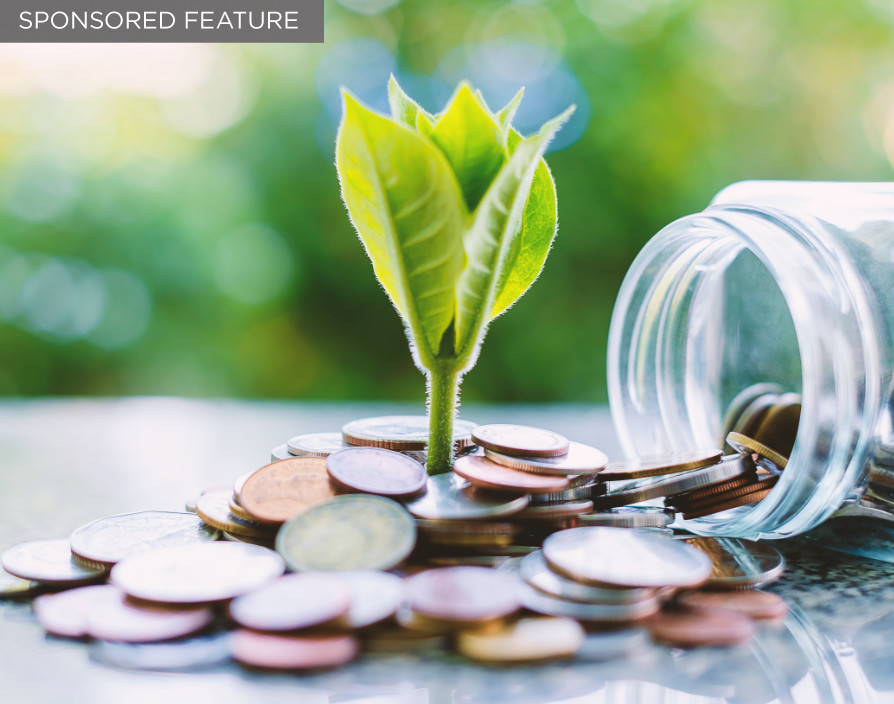Can you accelerate growth by putting
people and planet first?
Businesses can be
both sustainable and profitable, and one can help the other
Investors are increasingly scrutinising environmental, social and corporate governance criteria, from pollution to pay gaps. With this rising consciousness and demand for transparency, there’s a clear strategic case for green growth.
Boost your climate
credentials and win business
Issues such as Brexit – and Megxit – divide the UK, but most citizens agree on climate change – and they’re worried. Of 4,224 households that responded to the Department for Business, Energy and Industrial Strategy (BEIS) Public Attitude Tracker in March 2019, 80% said they were fairly (45%) or very (35%) concerned about climate change, the highest percentage since the surveys started.
Greta Thunberg and David Attenborough have played key roles in getting the media and the public to talk – and care – about climate change. But are consumers acting on their concern? ‘Flight shame’ appears to be gaining traction in Thunberg’s native Sweden, where the number of domestic flight passengers fell by 9% in 2019 according to Swedavia, the country’s airports operator.
Along with greater awareness and transparency, governments are legislating to drive circular supply chains. Businesses that simply talk the talk on environmental issues face backlash – they must walk the walk too, to gain a competitive advantage. Organisations that cannot show ethical substance in their operations and sourcing, and back this up, will very likely lose out to those that can.
Strive to survive –
your business and humanity
A growing number of businesses may be ‘going green’ to boost their appeal to customers. However, sustainability is set to become business as usual as company boards – and governments – recognise the threat to human existence as we know it.
The climate emergency is real. A report published by the Intergovernmental Panel on Climate Change (IPCC) found even a 1.5°C warming will have more impact than previously thought, and the next 10 years are critical if humankind is to have any chance of avoiding dangerous climate change. This means that businesses need to act today.
Company accounts are increasingly looking beyond the bank balance, applying the costs and benefits of their activities to the planet and its people. And governments may require further disclosure in future. For example, large UK companies must now include Streamlined Energy Carbon Reporting in their annual reports. This covers energy use, associated greenhouse gas emissions, and details of any energy efficiency measures taken.
Mitigate the economic
risks and seize the opportunities
In addition to consumers and campaigners, financial heavyweights are increasingly calling for transparency and action on sustainability. Bank of England Governor Mark Carney’s Task Force on Climate-related Financial Disclosures (TCFD) has paved the way for investors to make rational economic decisions on the risks and opportunities associated with climate change.
BlackRock, the world’s largest fund manager, hit the headlines in January by announcing that it would make sustainability integral to its portfolio construction and risk management. It intends to exit investments that present a high sustainability-related risk and launch new investment products that screen fossil fuels.
Reaching net zero carbon emissions by 2050 is enshrined in UK law, and there’s an influx of capital to assets that are well-positioned to benefit from the low-carbon transition. This includes the electricity sector, with increased interest from oil majors and greater direct investment from infrastructure funds and institutional investors. This is creating strong opportunities for renewable energy focused companies like SSE.
People are as
important as profit and planet
Doing business responsibly is not only about going green. In addition to listening to customers, engaging with employees is vital to long-term success.
Low wages and the gig economy cause uncertainty, which can affect mental health as well as leaving workers short of income. Initiatives such as the real Living Wage and Living Hours are good for employees, but also good for employers who benefit from an energised, committed team.
On the positive side of flexible hours, encouraging flexible working and implementing measures to make it work well allows employers to tap into a broader talent pool. Increasing diversity can in turn attract more talent. Simply having team members who approach problems from different angles can create better solutions.
By ensuring a secure, diverse and motivated workforce and building sustainability into your strategy, your business should be ideally positioned to navigate these unpredictable times.
This article comes
courtesy of Mark Keeling, Sales Director, SSE Business Energy.
SSE Business Energy supplies electricity and gas to around 500,000 metering points. Businesses can budget better with its fixed price contracts, and choose 100% renewable SSE Green to show their commitment to our environment. SSE Business Energy is part of SSE, which has the broadest portfolio of renewable energy generating assets in the UK and Ireland.
Share via:








































